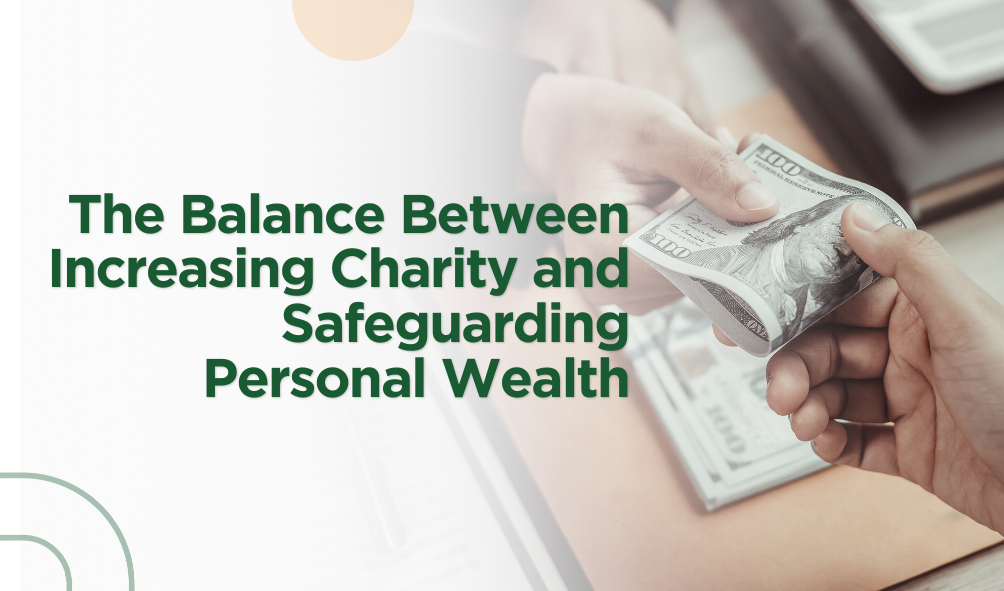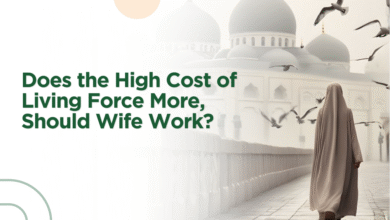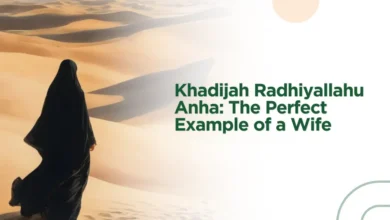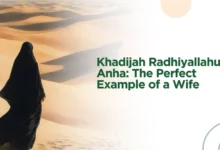The Balance Between Increasing Charity and Safeguarding Personal Wealth
Charity is one of the most highly recommended acts of worship in Islam. Many arguments state that charity will not make a person poor but will even increase wealth. However, on the other hand, Islam also teaches a balance between giving alms and protecting personal wealth. This article will discuss the importance of this balance, based on insights from the Qur’an and Hadith.
Evidence on the Virtue of Charity
Islam views almsgiving as a noble act that can cleanse wealth and souls. Some of the proofs that show the virtue of charity include:
Surah Al-Baqarah, verse 261:
“The example of those who spend their wealth in the way of Allah is like a seed that grows seven ears; in each ear are a hundred seeds. Allah multiplies the reward for whom He wills. And Allah is All-Wise (in His bounty) and All-Knowing.”
مَثَلُ الَّذِينَ يُنْفِقُونَ أَمْوَالَهُمْ فِي سَبِيلِ اللَّهِ كَمَثَلِ حَّةٍ أَنْبَتَتْ سَبْعَ سَنَابِلَ فِي كُلِّ سُنْبُلَةٍ مِائَةُ حََبَّةٍ وَالَّهُ يُضَاعِفُ لِمَنْ يَشَاءُ وَالَّهُ وَاسِعٌ عَلِيم.
This evidence illustrates that charity in the cause of Allah will be rewarded many times over, showing the great value of charity in the Islamic view.
Hadith narrated by Muslims:
“Wealth is not diminished by charity, and Allah adds to a forgiving servant nothing but honour, and no one humbles himself for the sake of Allah but Allah will exalt him.”
مَا نَقَصَتْ صَدَقَةٌ مِنْ مَالٍ وَمَا زَادَ اللَّهُ عَبْدًا بِعَفْوٍ إِلَّا عِزًّا وَمَا تَوَاضَعَ أَحَدٌ لِلَّهِ إِلَّا رَفَعَهُ اللَّهُ.
This hadith confirms that charity will not diminish wealth but will increase the blessings and honour of the giver.
Also Read: The Benefits of Morning and Evening Dhikr in Islam
Evidence on the Importance of Balance
In addition to the recommendation to give charity, Islam also teaches its followers not to be excessive in anything, including giving charity. Some of the proofs that emphasise the importance of a balance between charity and safeguarding personal wealth include:
Surah Al-Furqan, verse 67:
“And those who, when they spend, are neither extravagant nor miserly, and their expenditure is in the middle between the two.”
وَالَّذِينَ إِذَا أَنْفَقُوا لَمْ يُسْرِفُوا وَلَمْ يَقْتُرُوا وَكَانَ بَيْنَ ذَلِكَ قَوَامًا
This verse teaches that in spending wealth, a Muslim should be in the middle, not excessive or miserly.
Hadith narrated by Bukhari:
“The best charity is that which is given when we have enough, and start with your dependents.”
خَيْرُ الصَّدَقَةِ مَا كَانَ عَنْ ظَهْرِ غِنًى وَابْدَأْ بِمَنْ تَعُولُ
This hadith reminds us that the best charity is that which is given when we are well-off and starts with those who are our dependents.
From this evidence, it is clear that Islam teaches balance in managing wealth. A Muslim is encouraged to give charity using “cold money” or wealth that is not needed for immediate needs, but not everything should be given away.
Also Read: How Tabdzir Can Hinder Investment
The Importance of Using Cold Money
Using cold, hard cash for charity is an important concept to maintain balance. Cold money is wealth that is not used for daily or urgent needs, so it does not destabilise one’s finances. In Islam, it is important to ensure that the basic needs of oneself and one’s family are met before giving large amounts in charity.
Using cold, hard cash for charity ensures that one does not sacrifice the basic needs of oneself and one’s family. Islam teaches that obligations towards one’s family are a priority that must be fulfilled before giving wealth to others. Thus, the charity given comes from the excess wealth owned, not from the wealth needed for daily needs.
Also Read: Faith, Knowledge, and Deeds: The Three Foundations of Act in Islam
Investment as Part of the Balance
Apart from giving alms, investing some of your hard-earned cash is also important. A good investment can provide greater long-term returns, which in turn can increase one’s ability to give alms in the future. Thus, wealth is not only beneficial for oneself and one’s family but also for the benefit of the wider community.
Investment in Islam is also governed by sharia principles that prohibit usury (interest) and excessive speculation. Halal and ethical investments will provide blessed returns and can be used to improve the welfare of the ummah.
The balance between increasing charity and safeguarding personal wealth is an important principle in Islam. Charity will not diminish wealth; in fact, it can increase blessings. However, it is also important not to overdo charity and to ensure that basic needs are met. Using cold, hard cash for charity and investing is a wise way to achieve this balance. That way, Muslims can better practice the teachings of the religion and achieve prosperity in this world and the hereafter.

References
Al-Qur’an, Surah Al-Baqarah, Ayat 261.
Al-Qur’an, Surah Al-Furqan, Ayat 67.
Muslim, Sahih Muslim.
Tirmidzi, Sunan Tirmidzi.
الدرر السنية – الموسوعة الحديثية – شروح الأحاديث. (n.d.). Dorar.net. Retrieved July 7, 2024, from https://dorar.net/hadith/sharh/8939
شرح وترجمة حديث: خير الصدقة ما كان عن ظهر غنى، واليد العليا خير من اليد السفلى، وليبدأ أحدكم بمن يعول. (n.d.). موسوعة الأحاديث النبوية. Retrieved July 7, 2024, from https://hadeethenc.com/ar/browse/hadith/58185
الدرر السنية – الموسوعة الحديثية – شروح الأحاديث. (n.d.). Dorar.net. Retrieved July 7, 2024, from https://dorar.net/hadith/sharh/65137







